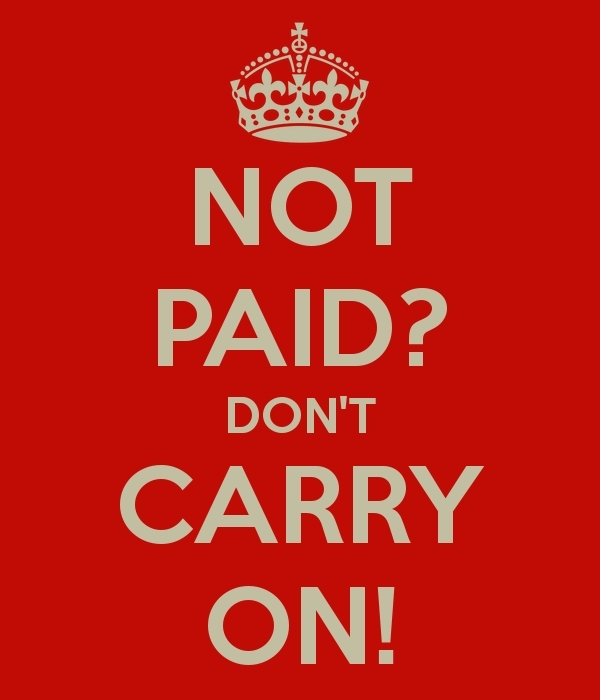The Late Payments Directive, known more technically as Directive 2011/7/EU or the Late Payment of Commercial Debts Regulations 2013, came into force on March 16th and should mean better protection for businesses of all sizes - from freelancers to big brands, and including the public sector - when chasing late payments.
Generally speaking, the Directive puts 30-day payment terms on contracts where a longer deadline is not mutually agreed, and allows you to charge fixed fees, statutory interest, and reasonable recovery costs on any action you take after that deadline has passed.
Read more: Life Under the Late Payment of Commercial Debts Regulations 2013




